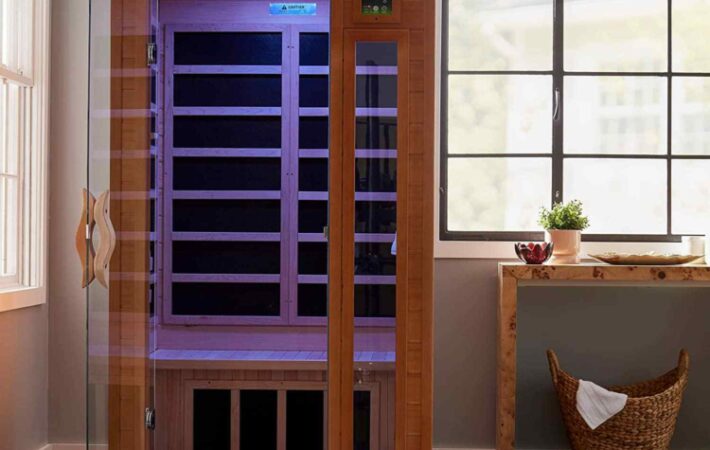Saunas have long been cherished for their relaxing and rejuvenating effects. But did you know that sauna use may also have a positive impact on inflammation in the body? Inflammation is a natural response by the immune system, but chronic inflammation can lead to various health issues. In this blog post, we delve into the science behind sauna use and its potential effects on inflammation, shedding light on the research and providing insights into how saunas may contribute to overall well-being.
Understanding Inflammation
Inflammation is a complex biological process that occurs when the body’s immune system responds to injury, infection, or irritation. It is an essential defense mechanism, designed to protect and heal the body. However, when inflammation becomes chronic, it can contribute to the development of conditions like cardiovascular disease, arthritis, and certain autoimmune disorders.
How Saunas May Impact Inflammation
- Increased body temperature: Saunas are known for their ability to raise body temperature. This increase can potentially stimulate the production of heat shock proteins, which act as chaperones to protect cells from stress. Heat shock proteins have been shown to modulate inflammation and promote cell survival.
- Improved blood flow: Sauna sessions cause blood vessels to dilate, leading to improved circulation. This increased blood flow can enhance the delivery of oxygen, nutrients, and anti-inflammatory compounds to the body’s tissues, potentially aiding in the reduction of inflammation.
- Activation of the parasympathetic nervous system: Sauna use promotes relaxation and activates the parasympathetic nervous system, often referred to as the “rest and digest” system. This activation may help counteract the effects of chronic stress, which can contribute to inflammation. By reducing stress levels, saunas may indirectly impact inflammation levels in the body.
- Release of endorphins: Sauna sessions can trigger the release of endorphins, which are natural pain-relieving and mood-boosting chemicals in the brain. Endorphins have been linked to anti-inflammatory effects and may contribute to overall well-being.
Scientific Research on Sauna Use and Inflammation
Several studies have explored the benefits of infrared sauna use on inflammation, with promising results:
- A study published in the Journal of Human Kinetics found that regular sauna bathing led to a decrease in inflammatory markers, including C-reactive protein (CRP) and interleukin-6 (IL-6), in healthy individuals.
- Research conducted at the University of Eastern Finland revealed that sauna use was associated with a reduced risk of cardiovascular disease. The study suggested that this benefit could be partly attributed to the positive impact of saunas on inflammation and vascular function.
- Another study published in the Journal of Alternative and Complementary Medicine showed that infrared sauna sessions reduced markers of inflammation and oxidative stress in individuals with chronic pain conditions.
Considerations and Precautions
While saunas show promise in reducing inflammation, it’s important to exercise caution and consider individual circumstances:
- Hydration: Adequate hydration is crucial during sauna use to prevent dehydration. Remember to drink plenty of water before, during, and after your sauna session.
- Temperature and duration: It is important to follow the recommended temperature and duration guidelines for sauna use. Excessive heat exposure or prolonged sessions may have adverse effects and can be detrimental to your health.
- Consultation with healthcare professionals: If you have underlying health conditions or concerns, it is advisable to consult with a healthcare professional before incorporating sauna sessions into your routine.
Conclusion
Saunas offer more than just relaxation and stress relief. Emerging research suggests that sauna use may have positive effects on inflammation levels in the body. The combination of increased body temperature, improved blood flow, activation of the parasympathetic nervous system, and release of endorphins may contribute to reducing inflammation and promoting overall well-being.
While the scientific evidence is promising, it’s important to note that sauna use should not replace medical treatment or be considered a cure for chronic inflammatory conditions. It is always advisable to consult with a healthcare professional before incorporating sauna sessions into your routine, especially if you have underlying health conditions.







Leave a comment
Your email address will not be published. Required fields are marked *